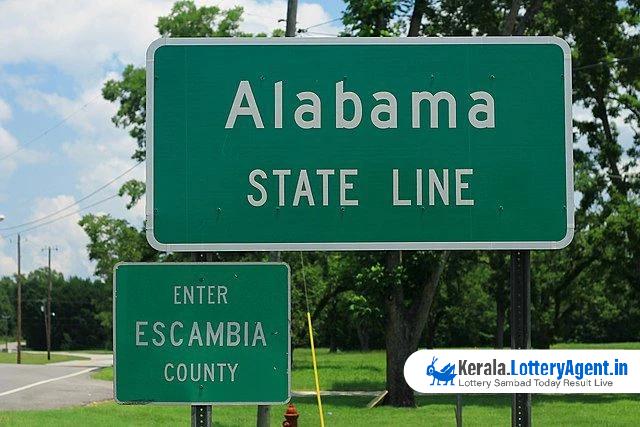
The Alabama Senate delivered a shocking blow to proponents of legalized gambling by rejecting a bill that would have put the question of instituting a state lottery to a public vote. In what was a closely watched and highly anticipated decision, the legislative chamber cast their votes on HB 151, a constitutional amendment, which resulted in a narrow miss with 20 votes in favor and 15 against. This was a solitary vote short of the two-thirds supermajority necessary for the bill to pass. The state of Alabama, thus, remains one of only five states in the United States without a lottery system.
The defeat of HB 151 was a significant setback to a broader push to expand gambling options in Alabama, which aimed to establish not just a legal lottery but also introduce slot machines at seven specified locations, allow traditional raffles, and enable paper bingo games. A vital component of the proposed legislation required the Governor to negotiate a compact with the Poarch Band of Creek Indians, who currently run three Class II gaming facilities within the state, for the opportunity to undertake in-person Class III gaming.
Earlier, sports betting had been part of the bill but was removed during the conference committee stage. Following the surprising outcome in the senate, a subsequent vote on HB 152, which was the enabling legislation for the proposed gambling amendments, was shelved. Despite the rejection of the lottery component, the Senate’s decision to lay over HB 151 leaves a glimmer of hope for supporters, as it may allow for the bills to be revisited and potentially revived in the state capital, Montgomery, before the legislative session concludes on May 14th.
The perplexing decision-making of the Senate has prompted confusion and speculation, with some pointing out discrepancies in the procedural approach taken. Questions abound as these developments unfolded late into the night, leaving many observers puzzled over the legislative fate of gambling in Alabama.
During the day, the situation seemed markedly different, with the House showing robust backing for both bills, with at least 70 legislators signaling their support. However, as the Senate vote approached around 11 p.m. local time, it became increasingly evident that opposition to the bill was gaining ground.
Critics of the lottery voiced concerns spanning a range of issues. One senator explicitly criticized the concept of a lottery as a false promise, equating it to “selling hope $3 at a time,” and doubting whether the introduction of a lottery system would, in the long run, prove beneficial to the state. While acknowledging the problematic presence of illegal gambling activities, which he described as “a cancer,” the senator expressed reservations about legalizing a lottery. Other senators raised ethical considerations, suggesting that exposing the next generation to the temptations of lottery participation was not desirable.
The gambling bills had begun their legislative journey as early as February, with an ambitious scope including not only the lottery but also retail and digital sports betting and the establishment of 10 brick-and-mortar casinos.
Given that Alabama is geographically encircled by legal lottery states with residents in border regions readily accessing lottery tickets from neighboring states such as Florida, Georgia, and Mississippi, the ongoing debate has broader implications for the state’s economy and social policy.
What’s evident is that this setback in the Senate represents more than a mere legislative hiccup; it’s a reflection of the complex negotiations and unpredictable nature of policymaking in Alabama. As proponents of gambling reevaluate their strategy and political observers keep a keen eye on the legislative calendar, the coming weeks could be crucial in determining the future of legalized gambling in The Heart of Dixie.












